Publications
Articles, publications, books, tools and multimedia features from the U.S. Institute of Peace provide the latest news, analysis, research findings, practitioner guides and reports, all related to the conflict zones and issues that are at the center of the Institute’s work to prevent and reduce violent conflict.
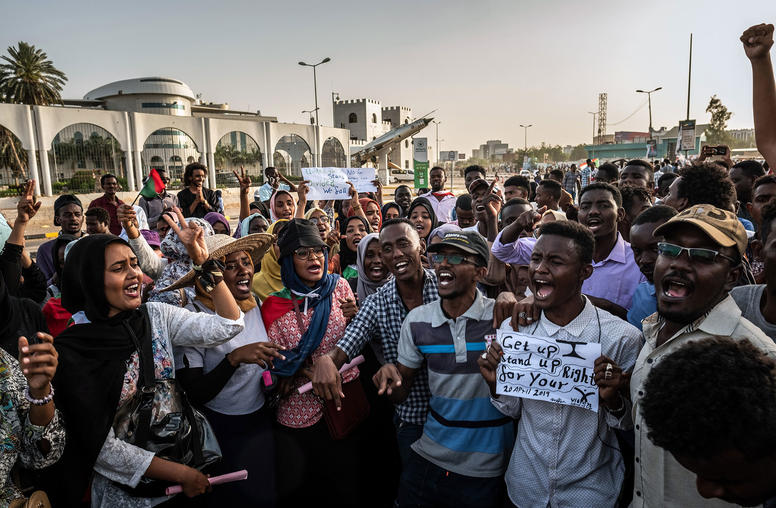
Dissecting Sudan’s Coup
On October 25, Sudan’s military detained the country’s prime minister and key civilian leaders, dissolved the government and declared a state of emergency. The coup, which has put in doubt Sudan’s transition to democracy, quickly prompted protests in the streets of the capital Khartoum and other cities. Some protesters were killed after being fired on by security forces and calls for mass protests on October 30 are growing. USIP’s Joseph Tucker and Manal Taha analyze what the latest developments in Sudan mean for the country and consider the options for the United States to respond to this crisis.
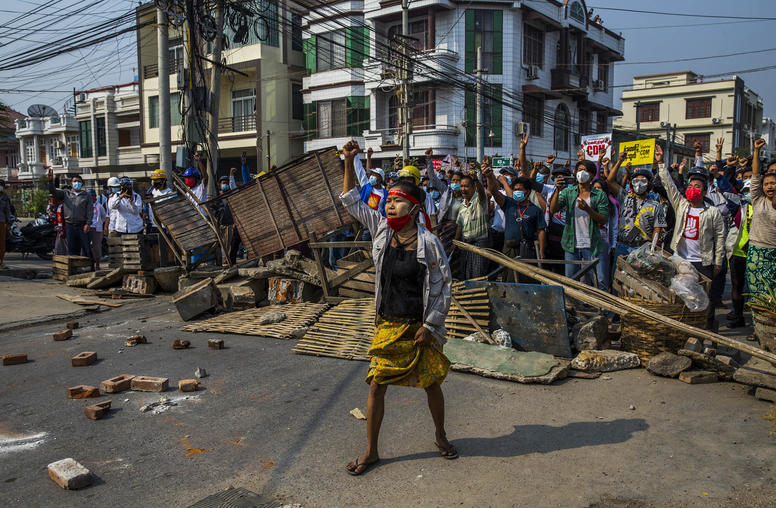
Myanmar’s Unity Government Meets with NSA Sullivan, Gains Further Traction
U.S. National Security Advisor Jake Sullivan recently met with representatives of Myanmar’s National Unity Government (NUG) — a shadow government representing the lawmakers elected by the people in the November 2020 election. The meeting boosted the NUG’s regional and international profile as an alternative to the brutal violence of the Burmese military, which has failed to gain control over the country since last February’s coup. But questions remain about whether the NUG and the disparate ethnic armed groups, political parties and civil society leaders that reject military rule can find common ground beyond a shared enemy.
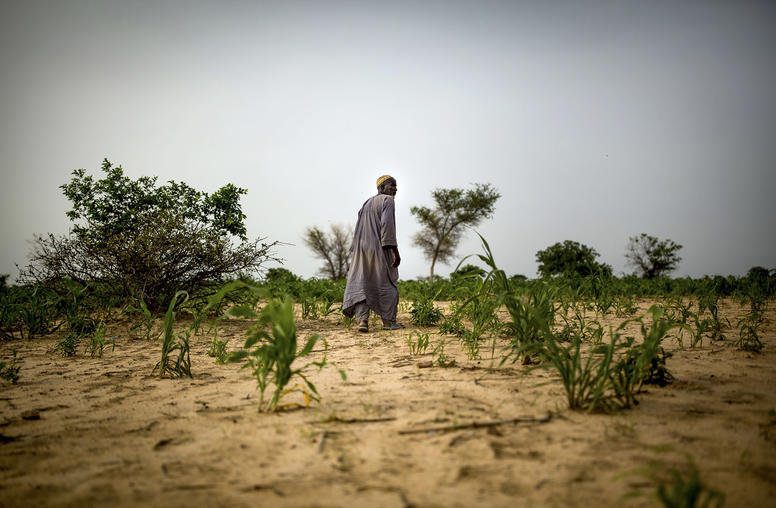
Facing Climate-Driven Migration and Displacement Head-On
In the run-up to the COP26 summit on climate change, the U.S. government released its Report on the Impact of Climate Change on Migration on October 21 — one of three major climate reports, along with the National Intelligence Estimate and the climate risk analysis by the Department of Defense, from the Biden administration. With these reports, the U.S. government now formally recognizes that climate change is likely to contribute to significant displacement and migration, and with it, political and social instability that jeopardize U.S. interests.
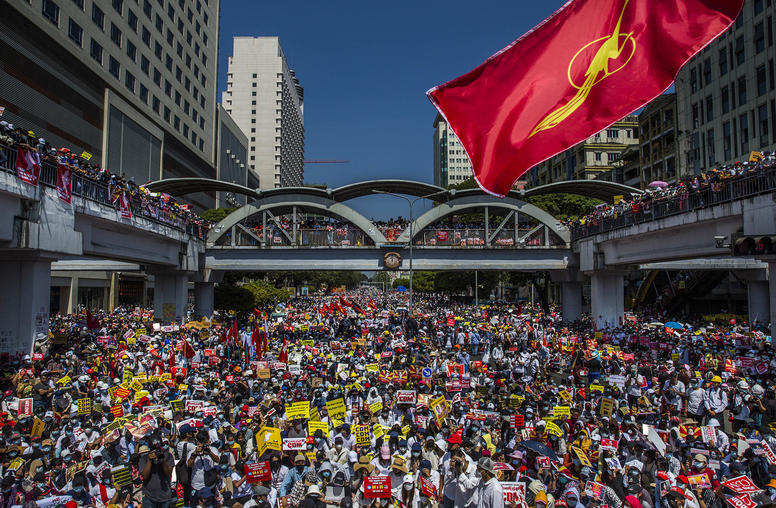
A New Myanmar Forum Aims to Unite Democratic Forces
Since the Myanmar military overthrew the country’s elected government early this year, the forces of resistance have set two immediate objectives: Prevent the generals from gaining military and administrative control of the country, and unify their own diverse and fractious democracy movement. The movement has made progress toward the first goal. On the second, a shared vision of the future is yet to emerge, as divergent stakeholders struggle to overcome historical grievances.
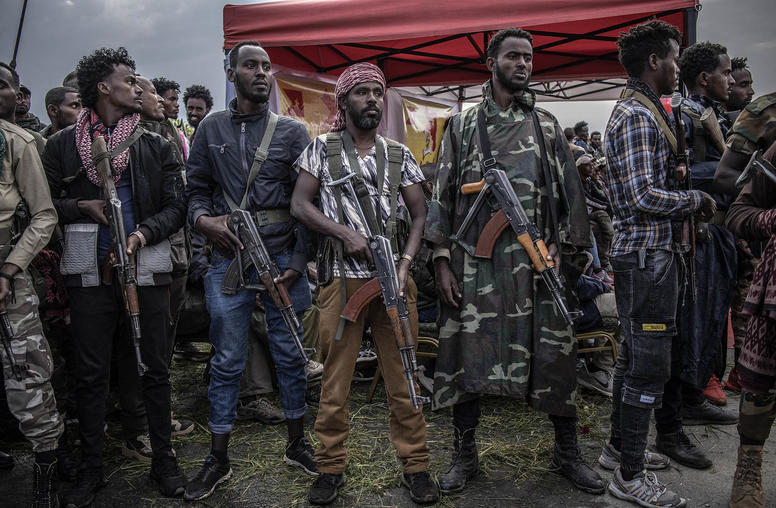
U.S. Urges Ethiopia to ‘Give Peace a Chance’
The United States’ top priority is the “unity and integrity of the Ethiopian state” and its “commitment to the Ethiopian people,” U.S. Special Envoy for the Horn of Africa Jeffrey Feltman said at the U.S. Institute of Peace in Washington on November 2. Noting that the average civil war lasts 20 years, Feltman said a war that long would be disastrous for Ethiopia and urged all parties to the conflict to “give peace a chance.”
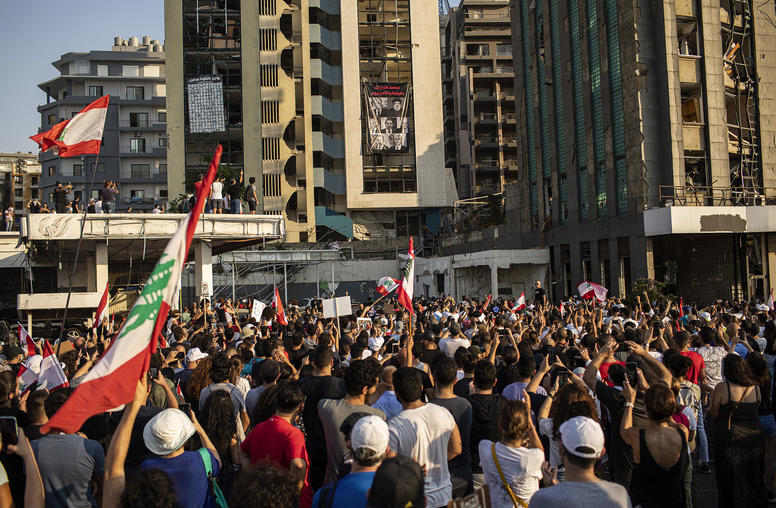
What’s Behind the Lebanon-Gulf Diplomatic Row?
Already in the throes of existential political and economic crises, Lebanon is now facing a diplomatic row with Saudi Arabia and several of its allies in the Gulf Cooperation Council (GCC). Following critical comments made by Lebanese Minister of Information George Kordahi about the Saudi-led intervention in Yemen, Riyadh expelled Lebanon’s ambassador, banned all Lebanese imports, and recalled its ambassador to Lebanon. In solidarity, the UAE, Bahrain and Kuwait summoned their ambassadors in Lebanon. This current crisis reflects the Gulf’s broader concerns over Iran’s influence in the region and the powerful role of its ally Hezbollah in Lebanon.
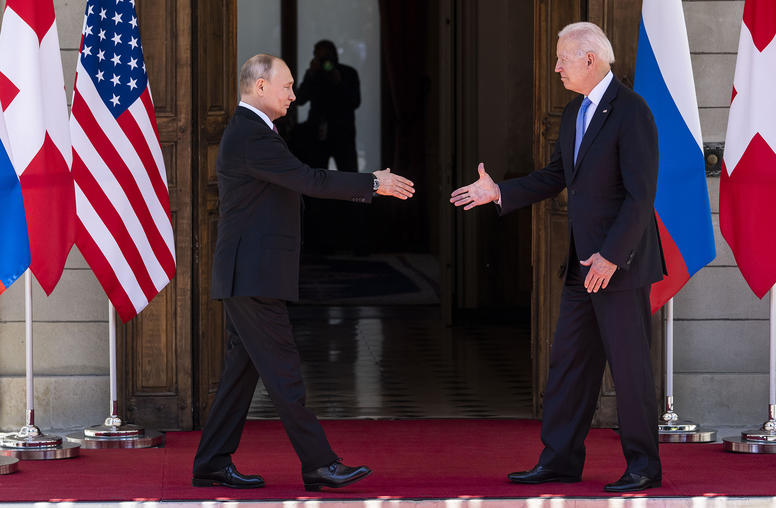
Despite Moscow’s Brinkmanship, U.S. and Russia Explore Deeper Relations
Although at odds on a host of key geostrategic issues, Washington and Moscow have this year quietly sought to stabilize the tension-laden bilateral relationship. A June summit between Presidents Biden and Putin in Geneva has been followed by several high-level engagements in recent months between...
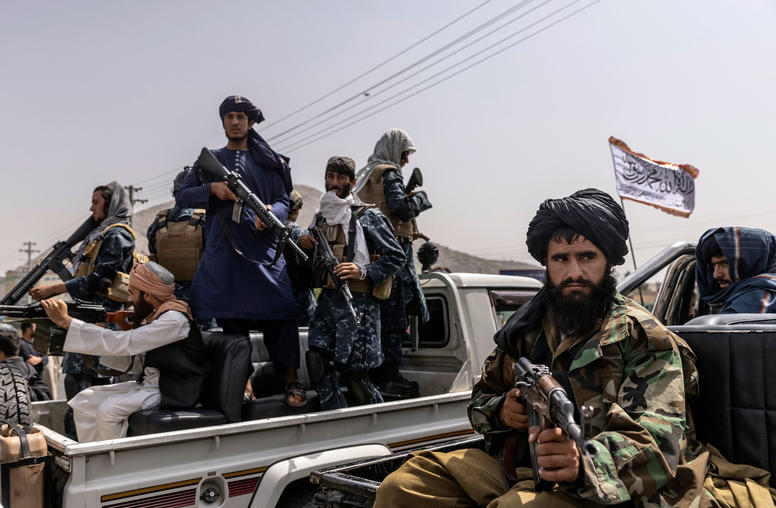
Winter is coming in Afghanistan. Are the Taliban ready?
Nearly three months after the Taliban’s rapid takeover, Afghanistan is descending toward one of the world’s worst humanitarian crises with an economy in freefall. As the harsh winter season looms, aid agencies have warned that over half the country’s population — a staggering 22.8 million people — will face acute food insecurity, including 3.2 million children under five. Now in power, the Taliban’s failure to deliver basic services is exacerbating this dire humanitarian situation. But immediate relief is a distant prospect as the Taliban deliberate on how to govern the country and the international community mulls over how to engage and pressure the fledgling government.
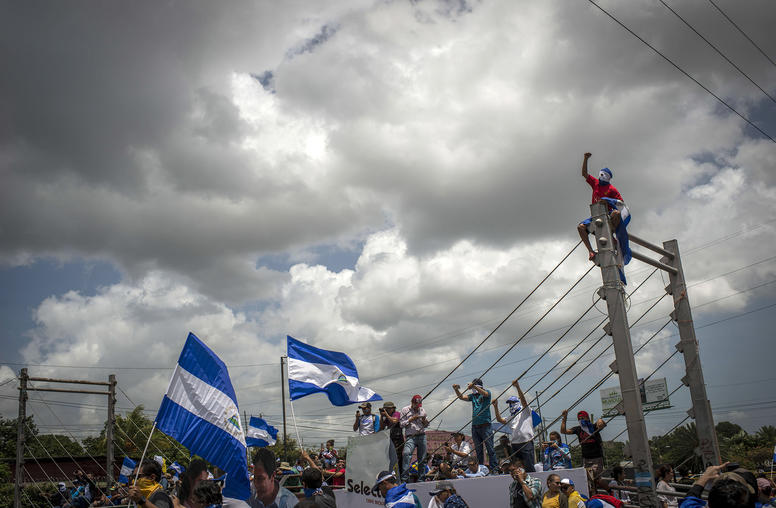
Is Nicaragua’s Descent into Dictatorship Irreversible?
After claiming a decisive win in the November 7 elections, Daniel Ortega — who has been in office since 2007 — could now lead Nicaragua until 2027, making him Latin America’s longest serving ruler. The Sandinista government ensured its victory by shutting down dissent and arresting dozens of regime opponents. For the United States, countering corruption and repression in Central America is a challenge not only in unfriendly states like Nicaragua but also among erstwhile allies like El Salvador, Guatemala and Honduras.

¿Es irreversible el descenso de Nicaragua a una dictadura?
Después de reclamar una victoria decisiva en las elecciones del 7 de noviembre, Daniel Ortega, quien ha estado en el cargo desde 2007, ahora podría liderar Nicaragua hasta 2027, convirtiéndolo en el gobernante con más tiempo en el poder en toda América Latina. El gobierno sandinista aseguró su victoria reprimiendo cualquier disidencia y arrestando a decenas de opositores al régimen. Para Estados Unidos, contrarrestar la corrupción y la represión en Centroamérica es un desafío no solo en estados hostiles como Nicaragua, sino también entre antiguos aliados como El Salvador, Guatemala y Honduras.